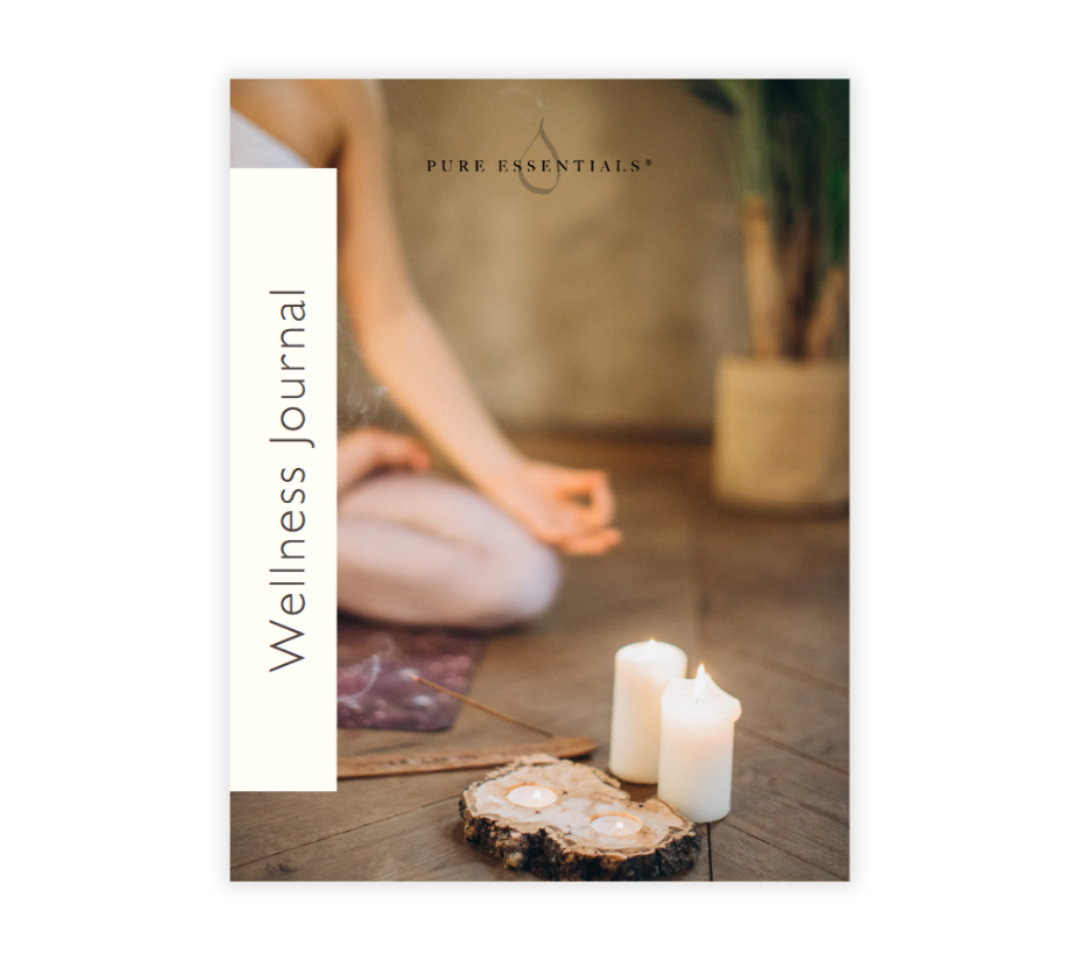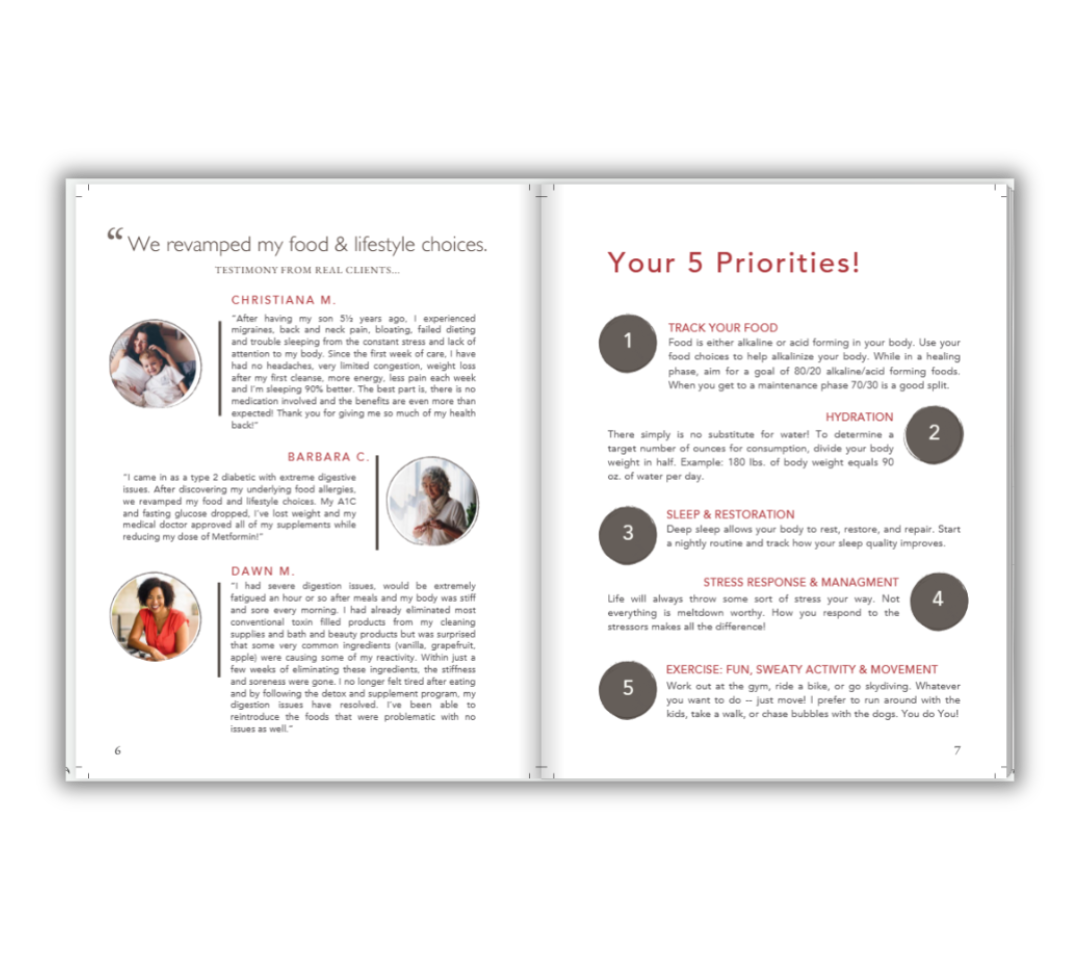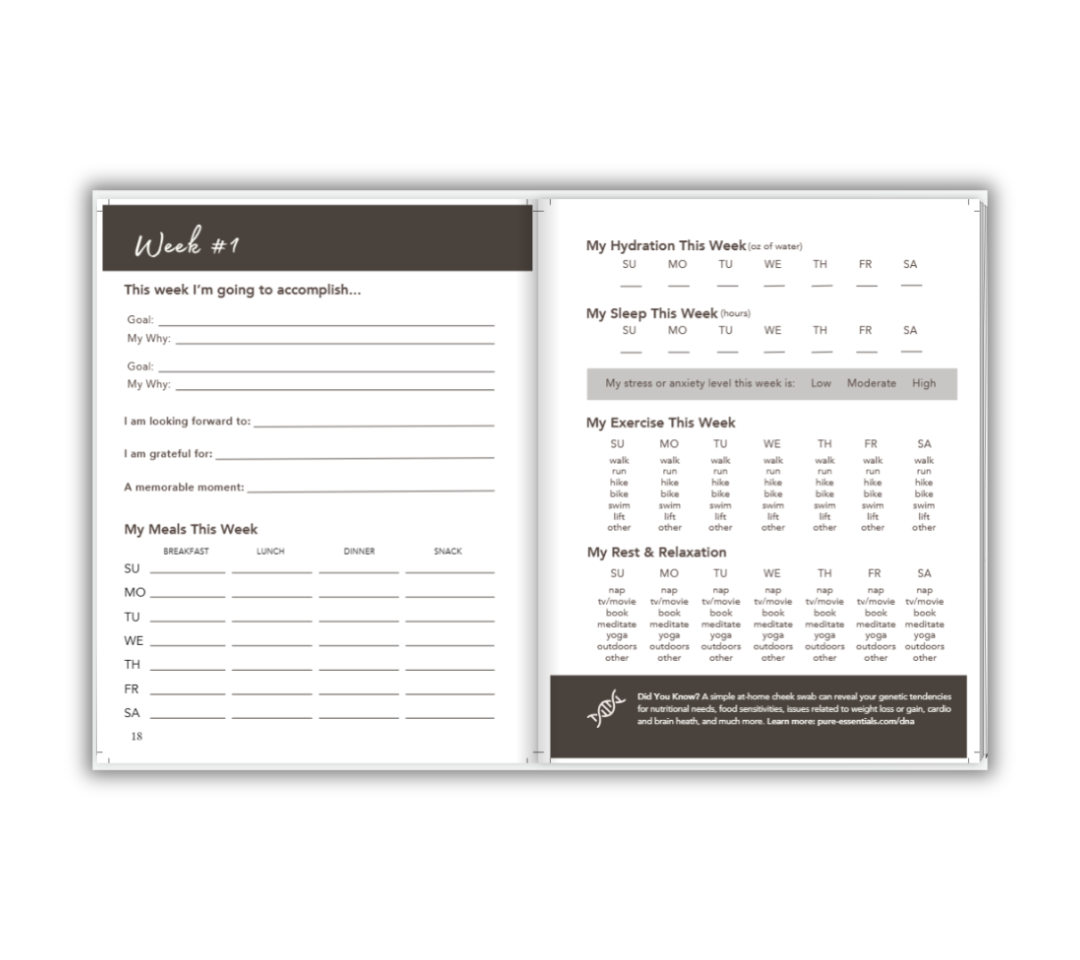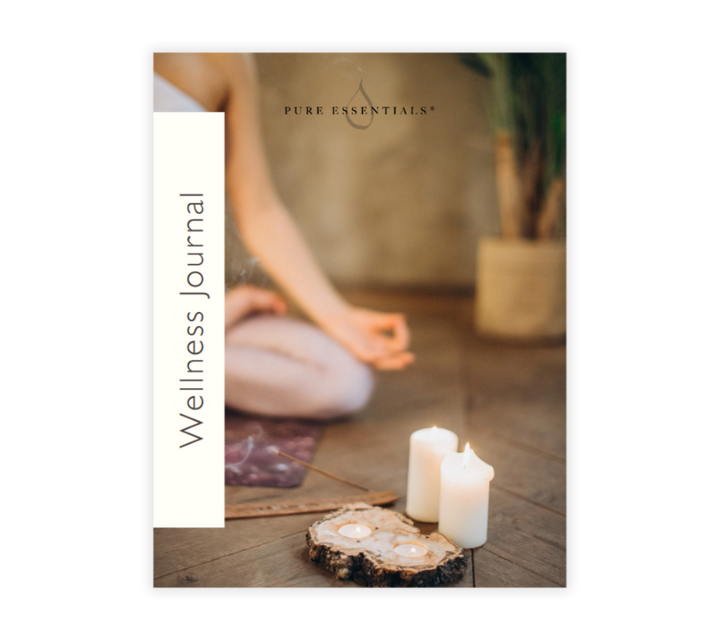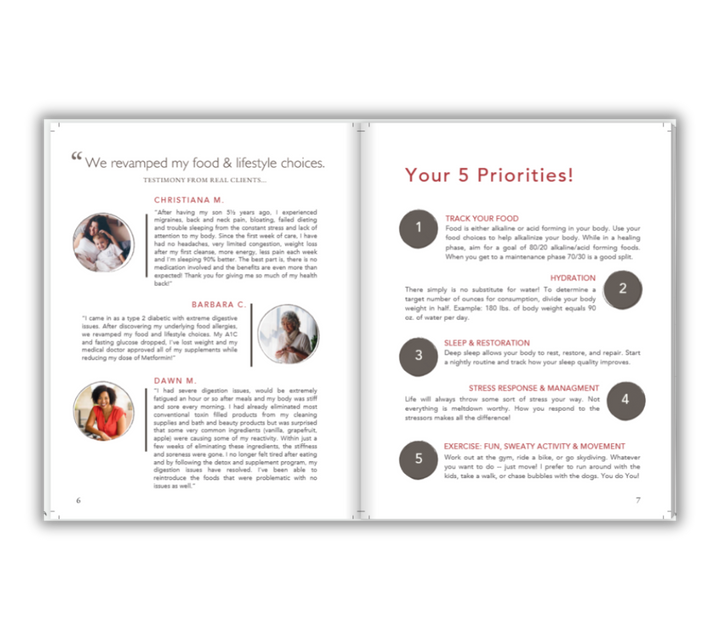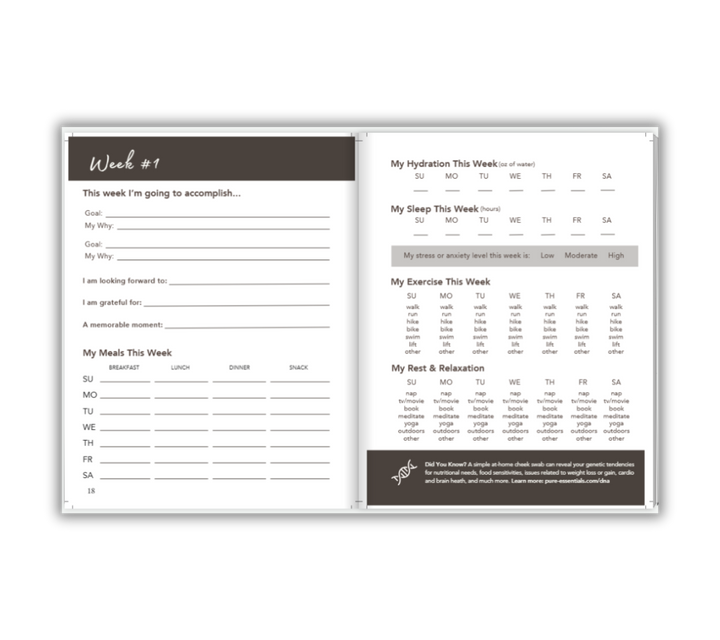summary:
Stress is a natural part of life, but how we respond to it can either support or disrupt our health. Chronic stress can increase acidity in the body, leading to inflammation and health issues. Practices like deep breathing, meditation, and emotional redirection help create a balanced, alkaline environment, promoting resilience and well-being. By pausing before reacting, taking time for meditation, and fully processing emotions, we can better handle stress and its effects. Embracing these techniques can improve pH balance, reduce inflammation, and support overall wellness.
Finding Balance and Calm
We all have stress. It’s an unavoidable part of life, from the mundane morning rush to major life events. While each of us faces stress differently, the way we respond makes all the difference in how it affects our health, happiness, and even our body chemistry. Pure Essentials believes in empowering you with practical, manageable steps to turn stress from an enemy into a teacher, aligning with your body’s natural balance. Here’s how to approach stress with a “good, better, best” mentality for a healthier, more balanced life.
Wellness Journal
$29
- 52 weeks of progress across five essential wellness priorities: Nutrition, Hydration, Sleep & Restoration, Stress Management & Exercise.
- Over 100 pages for weekly tracking of your personal goals and progress across all priorities, plus space for notes of gratitude, memorable moments.
The "Good, Better, Best" Guide to Stress and Response
Let’s break down this approach:
- Good: Start by taking a deep breath before responding. This small pause can mean the difference between a reactive, negative response and a more measured, thoughtful one. Just taking that moment allows the brain to shift from fight-or-flight mode to a place of clarity.
- Better: If you’re facing a conflict or stress, set a time limit—like 5 minutes—to vent, discuss, or process the situation. At the end of those few minutes, step away. This gives you the chance to acknowledge the stress without getting consumed by it.
- Best: Integrate meditation and deep breathing into your daily routine. This practice helps you build a calm baseline, making it easier to handle stress without letting it take a toll on your body or mind.
Life Will Always Involve Some Stress
Whether it's a mountain of work, family responsibilities, or life’s curveballs, stress is a shared human experience. But we all have a choice: we can let stress wear us down or transform how we respond to it. Stress has no universal “look.” What’s stressful for one person might be a breeze for another, and that’s okay. The real magic is in how we handle stress to reduce its effects on our overall health and balance.
How We Respond Makes All the Difference
When stress hits, our bodies often enter “fight or flight” mode—a survival mechanism that floods our system with stress hormones like cortisol and adrenaline. These hormones are useful for immediate, short-term threats, but when they linger, they trigger inflammation, acidity, and ultimately an imbalance in our body’s pH levels.
A healthy pH balance is essential for overall wellness. Prolonged stress can tip this balance toward acidity, an environment in which inflammation and harmful bacteria thrive. The solution? Instead of letting stress dictate our response, we can cultivate habits that foster balance, alkalinity, and resilience.
Take a Breath: The Power of Oxygen
When stress turns chronic, it often leads to short, rapid breathing—or even breath-holding—which limits oxygen intake. This shallow breathing increases acidity in the blood and contributes to an environment where harmful bacteria can thrive. The act of deep, mindful breathing can help bring more oxygen into our cells, helping alkalinize the blood and promote a healthier, less stressful state.
Imagine that your breath is the anchor, holding you in place when stress tries to sweep you away. A few deep breaths can remind you that you are here, now, safe, and capable of handling what’s in front of you.
Meditation: Finding Grounding and Peace
Meditation and prayer are ancient practices, but their benefits are timeless. When we meditate, we create a space to let go of stress and focus on what’s within our control. Prayer, for many, offers a way to surrender the things we cannot change, reminding us of the importance of trust and patience.
These practices are not about ignoring stress but about finding stillness within it. They allow us to connect with ourselves and our values, giving us the resilience to face whatever comes our way. As we stay rooted in the present, we create space for a balanced, peaceful environment in our minds and bodies.
Redirection: Focusing for Clarity
Redirection is a simple yet powerful tool. It’s different from distraction, which avoids the stress altogether. Instead, redirection shifts your focus temporarily to something positive or calming, giving you space to gain perspective. By redirecting your attention, you take the power back from stress, calming your body and mind so that when it’s time to address the issue, you’re prepared and grounded.
Think of redirection as choosing where to place your attention. When a stressful situation arises, you could choose to direct your focus to a calming activity—like a few moments in nature, a short walk, or a favorite hobby. This pause not only helps reduce the immediate stress response but also allows you to approach the situation with a clearer mind.
Feel the Feelings: A Path to Release
Embracing emotions can be one of the hardest, yet most rewarding, parts of handling stress. Often, we’re conditioned to bottle up or ignore our feelings, but by doing so, we hold tension in our bodies. Allowing yourself to feel your feelings can be healing in itself. The process is simple but powerful:
Acknowledge: Recognize the feeling without judgment.
Accept: Accept the sensation, whatever it may be, without trying to push it away.
Release: Once acknowledged, let the feeling pass, knowing that emotions are temporary.
This practice allows you to experience and release stress naturally. Instead of letting it linger, creating an acidic environment in the body, you’re giving your feelings space to be processed and then released.
Crafting a Healthier Response
Life will always include stress. But with these practices in your toolkit, you can move toward a response that supports your health and aligns with your natural balance. Whether you’re simply taking a deep breath before reacting or building a meditation practice into your daily life, each step supports an alkaline, balanced environment within your body.
Your health journey doesn’t need to be perfect, but Pure Essentials believes it should be intentional. Each practice we cultivate is an opportunity to honor our health and create resilience in the face of life’s inevitable challenges. Take a moment today to try one of these techniques—your body, mind, and pH balance will thank you for it.



